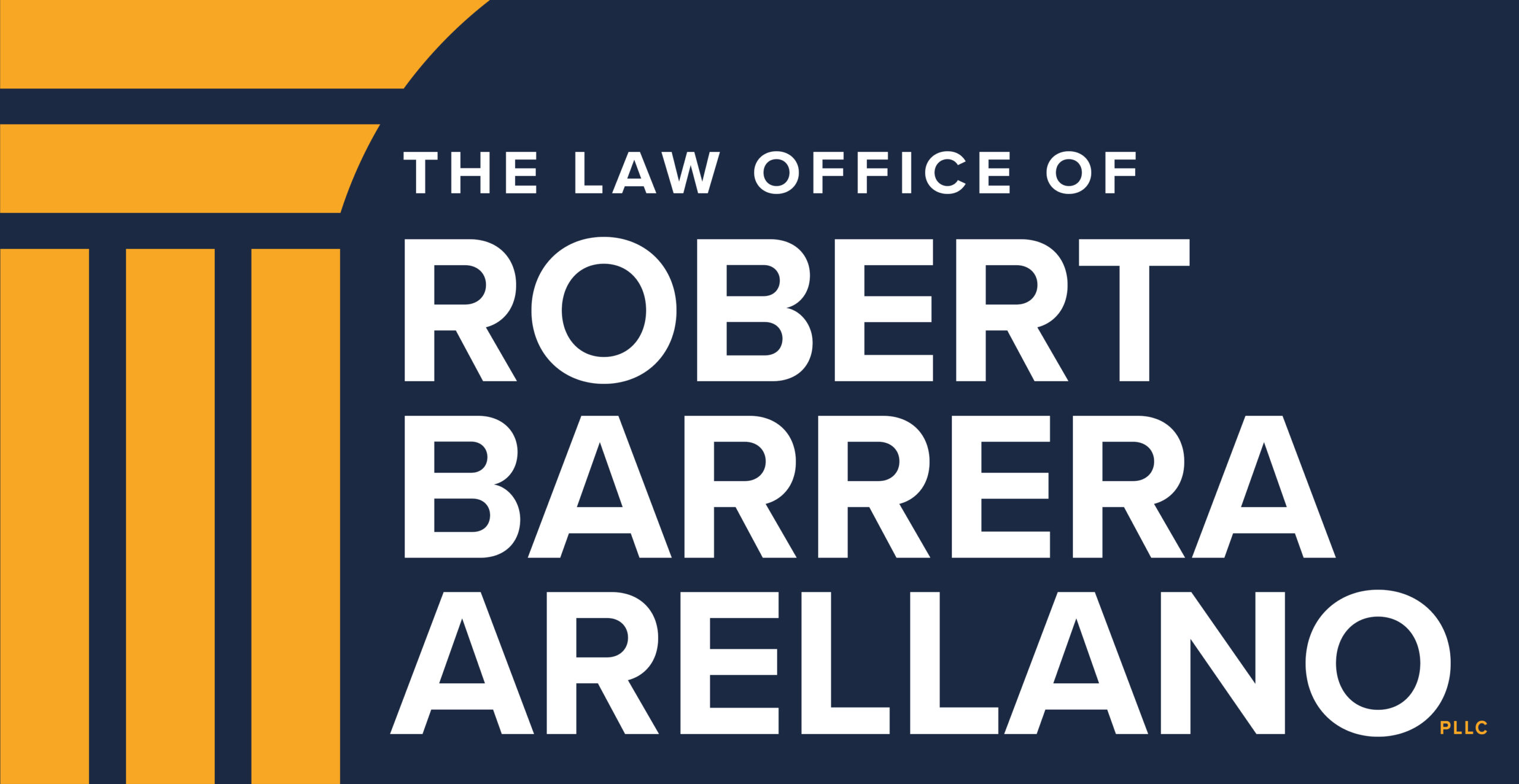
Juvenile Crimes Blog
Understanding Juvenile Crime in Texas
Juvenile crime refers to offenses committed by individuals under the age of 17. Unlike adults, juveniles are typically processed through a separate legal system that emphasizes rehabilitation over harsh penalties. However, some cases can be transferred to adult court depending on the severity of the offense.
Common Types of Juvenile Crimes
Juvenile offenses in Texas vary in severity, but some of the most common include:
Theft and Shoplifting – Stealing from stores or individuals
Drug Possession or Distribution – Being caught with illegal substances
Assault and Battery – Physical altercations with others
Vandalism – Destroying property, including graffiti and damage to public spaces
Underage Drinking and DUI – Driving under the influence of alcohol or drugs
Legal Rights of Juveniles in Texas
Juveniles have certain rights when facing criminal charges, including:
Right to an Attorney – Every juvenile has the right to legal representation.
Protection Against Self-Incrimination – They are not required to confess or speak without legal counsel.
Right to a Fair Trial – Juveniles are entitled to a fair process, including the ability to present evidence and witnesses in their defense.
Top Defenses for Juvenile Crime Charges
Lack of Evidence
One of the most effective defenses is questioning whether there is enough evidence to prove guilt beyond a reasonable doubt. If the prosecution lacks sufficient proof, the case can be dismissed.
False Accusations
Juveniles are sometimes wrongly accused due to mistaken identity, false statements, or misinterpretation of events. A strong defense can expose inconsistencies in the accusations.
Violation of Constitutional Rights
If law enforcement violated the juvenile’s rights—such as conducting an unlawful search or failing to provide a Miranda warning—the case could be dismissed.
No Criminal Intent
For certain offenses, proving that the juvenile had no intent to commit a crime can lead to reduced or dropped charges.
Self-Defense or Defense of Others
If a juvenile acted in self-defense or was protecting someone else, this can be used as a defense in cases involving assault or similar charges.
Coercion or Peer Pressure
Peer pressure plays a significant role in juvenile offenses. If the juvenile was forced or pressured into committing the crime, this can be a valid defense.
Mental Incapacity or Developmental Factors
The court considers age, mental capacity, and developmental maturity when determining a juvenile’s culpability. Certain conditions may lead to alternative resolutions instead of criminal penalties.
Diversion Programs and Alternative Sentencing
Instead of jail time, some juveniles may qualify for rehabilitation programs, community service, or counseling, which can help them avoid a permanent record.
How a Juvenile Defense Attorney Can Help
An experienced juvenile defense attorney can:
Investigate the case and collect evidence
Challenge weak or unlawful charges
Negotiate with prosecutors for reduced penalties
Advocate for rehabilitation over punishment
Work to protect the juvenile’s record and future
Juvenile crime charges in Texas can have serious consequences, but a strong defense can protect your child’s rights and future, and the right attorney makes all the difference. The Law Office of Robert Barrera Arellano has a deep understanding of Texas juvenile law and will fight for the best possible outcome.

Remain calm, ensure they exercise their right to remain silent, and contact an experienced juvenile defense attorney immediately.
Yes, in severe cases, a juvenile can be tried as an adult. However, an attorney can work to prevent this from happening.
Penalties vary but may include probation, community service, rehabilitation programs, or, in severe cases, detention in a juvenile facility.
Yes, in many cases, juvenile records can be sealed or expunged, preventing them from affecting future opportunities.
Each case is different, but the length depends on the severity of the charges, court schedules, and whether plea negotiations are involved.